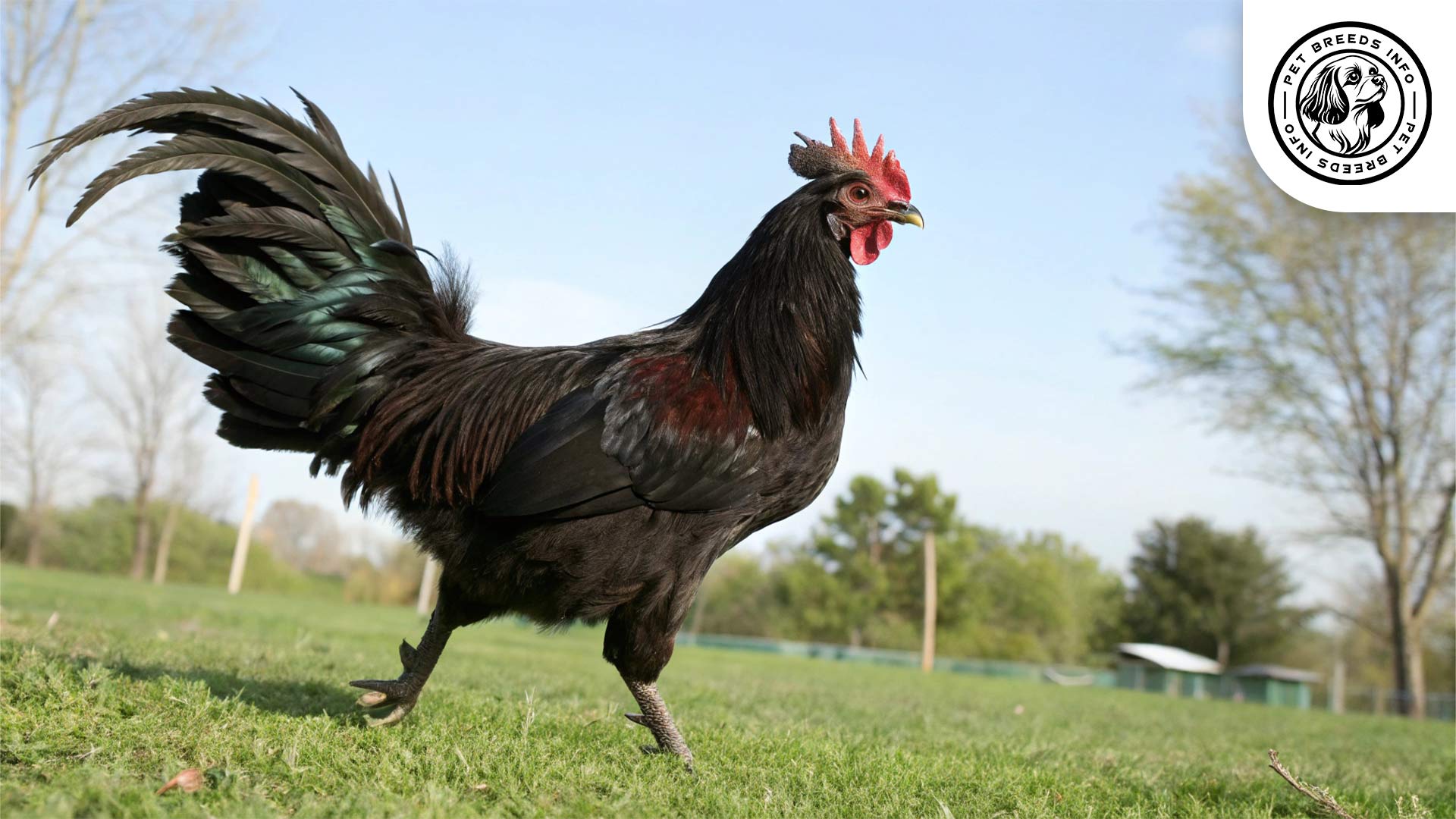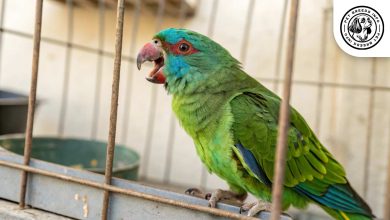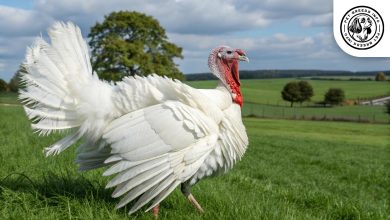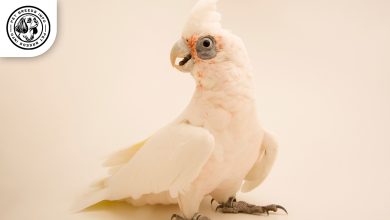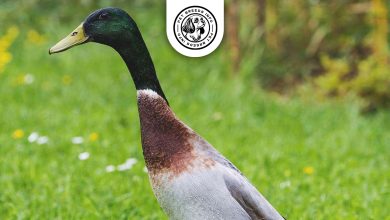Langshan Chicken Breed: Personality, Lifespan, Food & Care
General Introduction of the Breed
The Langshan Chicken, known as “朗山鸡” in Chinese, is a large and elegant breed of chicken originally from China. It is sometimes referred to as “Croad Langshan,” named after Major Croad, who introduced the breed to England in the 19th century.
Developed in the Langshan region of China, this breed was selectively bred for its excellent meat quality, egg production, and striking appearance. It gained popularity in the United States and Europe due to its hardiness, productivity, and gentle temperament.
Table of Contents
| Common Name | Langshan Chicken |
| Scientific Name | Gallus gallus domesticus |
| Origin | China (Langshan region) |
| Size | Large; males 9–10 lbs, females 7–8 lbs |
| Lifespan | 6–10 years |
| Colors | Primarily black with green sheen; also blue and white |
| Talking Ability | None |
| Noise Level | Low to moderate |
| Social Behavior | Friendly, docile, sociable with humans and flock members |
Physical Characteristics
Langshan Chickens are classified as large fowl and can also be found in bantam varieties.
Males typically weigh between 9 to 10 pounds (4 to 4.5 kg), while females weigh around 7 to 8 pounds (3 to 3.5 kg).
The breed has a tall and upright posture with a long, well-feathered body, giving it an elegant appearance.
Their plumage is usually black with a striking greenish-purple sheen, but blue and white varieties also exist.
Langshans have bright, expressive eyes that are dark brown or black in color.
They feature a single comb with well-defined points, smooth wattles, and moderately sized earlobes.
The tail is well-developed, curving beautifully backward, adding to their graceful appearance.
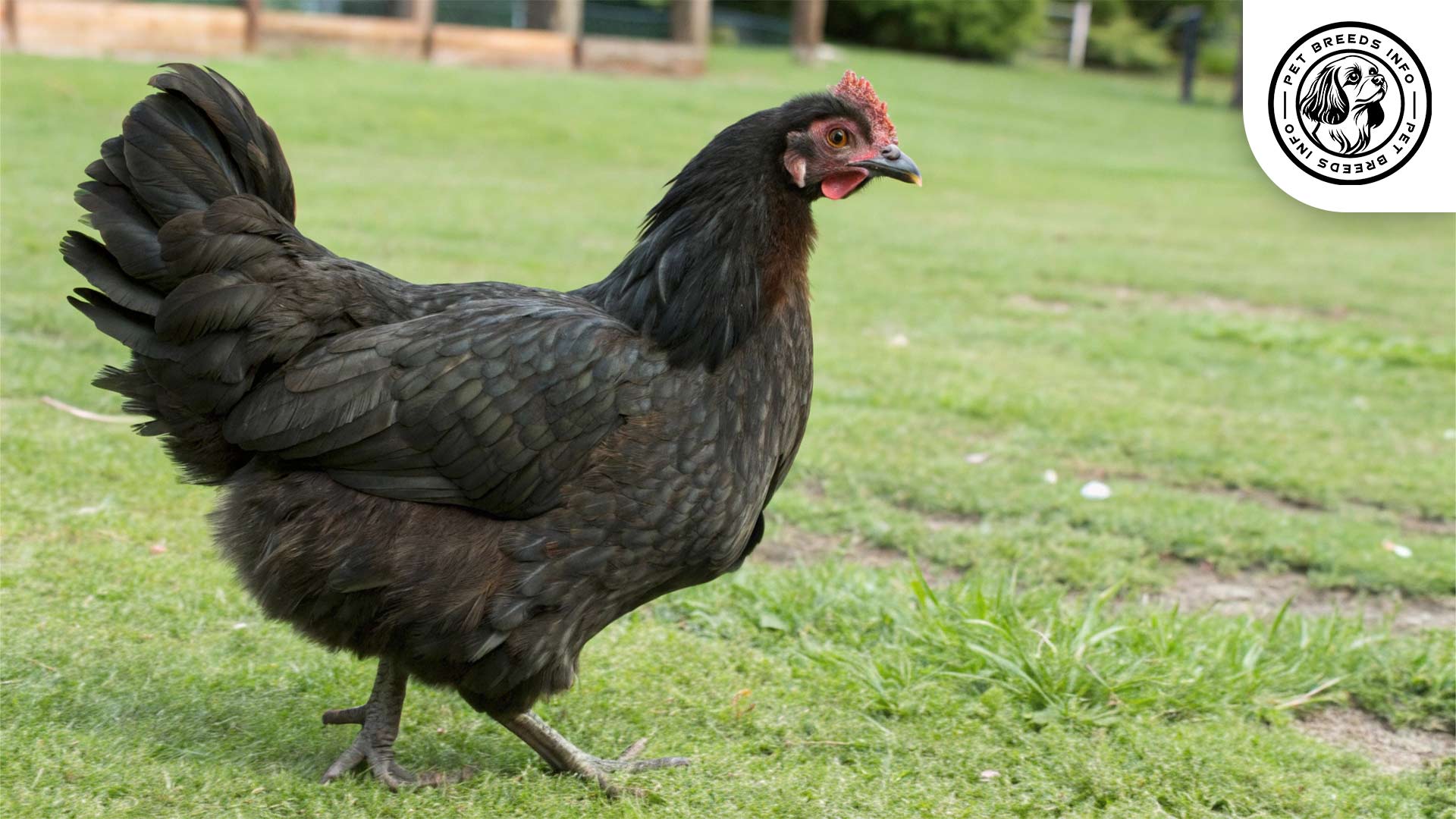
Personality and Temperament
The Langshan Chicken is known for its intelligence and ease of handling, making it a favorite among poultry keepers.
They have a moderate energy level and enjoy foraging but are not overly active.
These chickens form strong attachments to their owners and are friendly, often seeking human interaction.
Langshans are generally docile and get along well with children and other poultry, but roosters may display some territorial behavior.
They are not overly aggressive but may react defensively if provoked.
Due to their adaptability, they can tolerate different environments well but may be sensitive to extreme heat.
Care and Maintenance Requirements
Langshans require space for free-ranging but can also adapt to confinement if given enough room.
A secure coop with adequate ventilation and perching areas is necessary for their well-being.
They have relatively low grooming needs; however, their feathers should be checked regularly for parasites.
The breed is cold-hardy due to its dense plumage but may require some protection in very harsh winters.
Maintain proper hygiene by cleaning the coop, providing dry bedding, and trimming nails if necessary.
Diet and Nutrition
A balanced diet with high-quality poultry feed, including layers’ mash or pellets, is ideal for Langshan Chickens.
They benefit from supplemental greens, grains, and occasional protein sources such as mealworms.
Avoid feeding them high-salt foods, moldy grains, chocolate, and raw beans, as these can be harmful.
Read More: Dominique Chicken
A typical adult Langshan should receive about 1/4 to 1/3 pound (110–150g) of feed daily, adjusted based on activity levels.
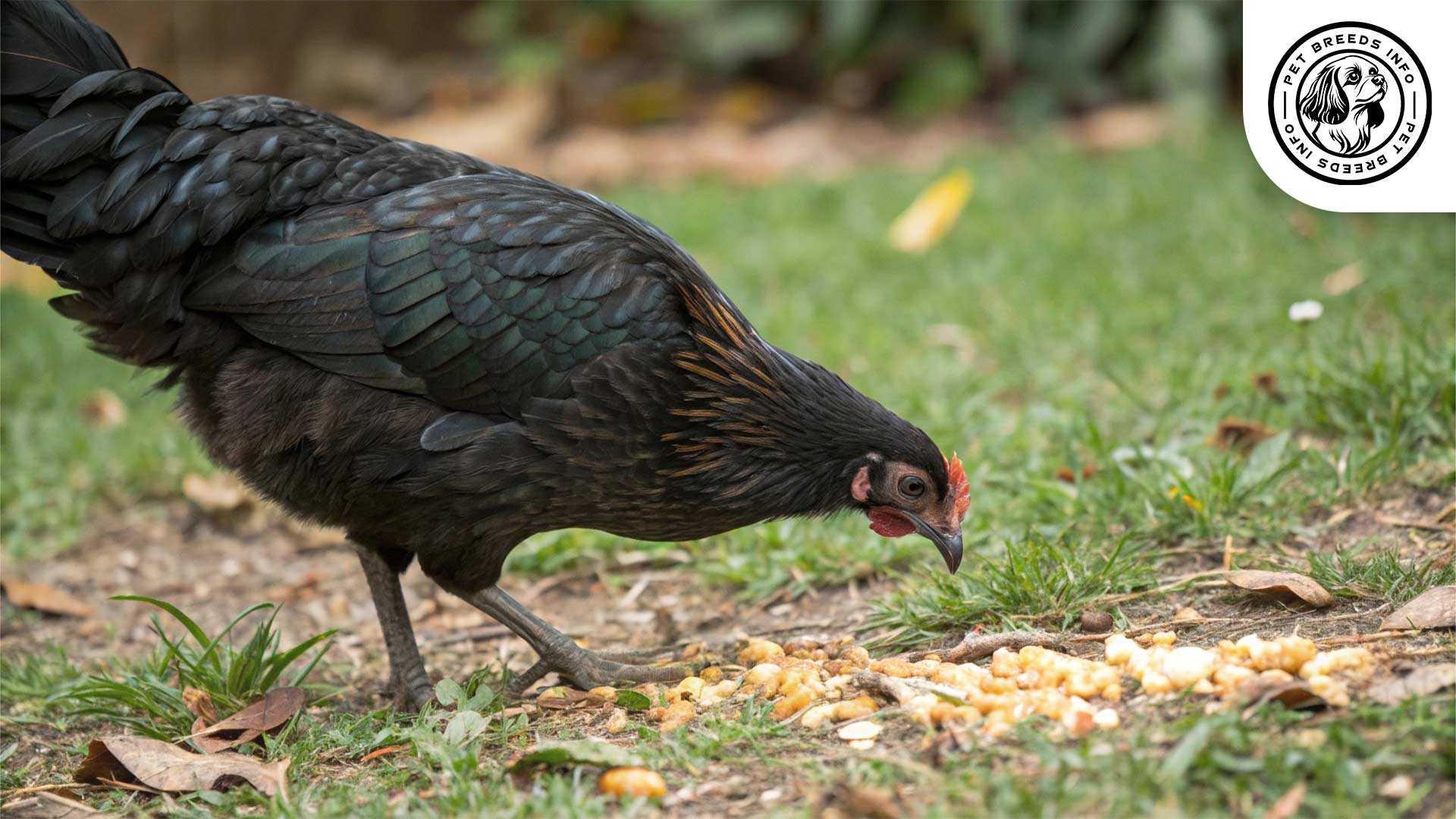
Health and Common Medical Issues
Langshans are generally robust birds but may be prone to common poultry ailments such as respiratory infections and mites.
They can occasionally develop leg or foot issues due to their long stature.
The average lifespan ranges from 6 to 10 years, depending on care and environmental conditions.
Regular health checks, proper vaccinations, and parasite prevention will help maintain their overall well-being.
Training and Behavior Management
Langshan Chickens are easy to manage due to their calm and intelligent nature.
They respond well to treats and positive reinforcement for training, such as teaching them to return to the coop.
Read More: Egyptian Goose
Early handling and socialization help reduce fearfulness and reinforce their friendly personality.
Gentle but consistent routines will ensure good behavior, and they do not require intensive training.
Interaction with Other Animals and Humans
Langshan Chickens are very sociable and enjoy human interaction, making them ideal for backyard farms and families.
They are friendly towards children and generally coexist well with other chicken breeds.
Due to their gentle nature, they are suitable for both experienced and novice poultry keepers.
They prefer companionship and can become stressed if isolated, so keeping them with compatible flock members is recommended.
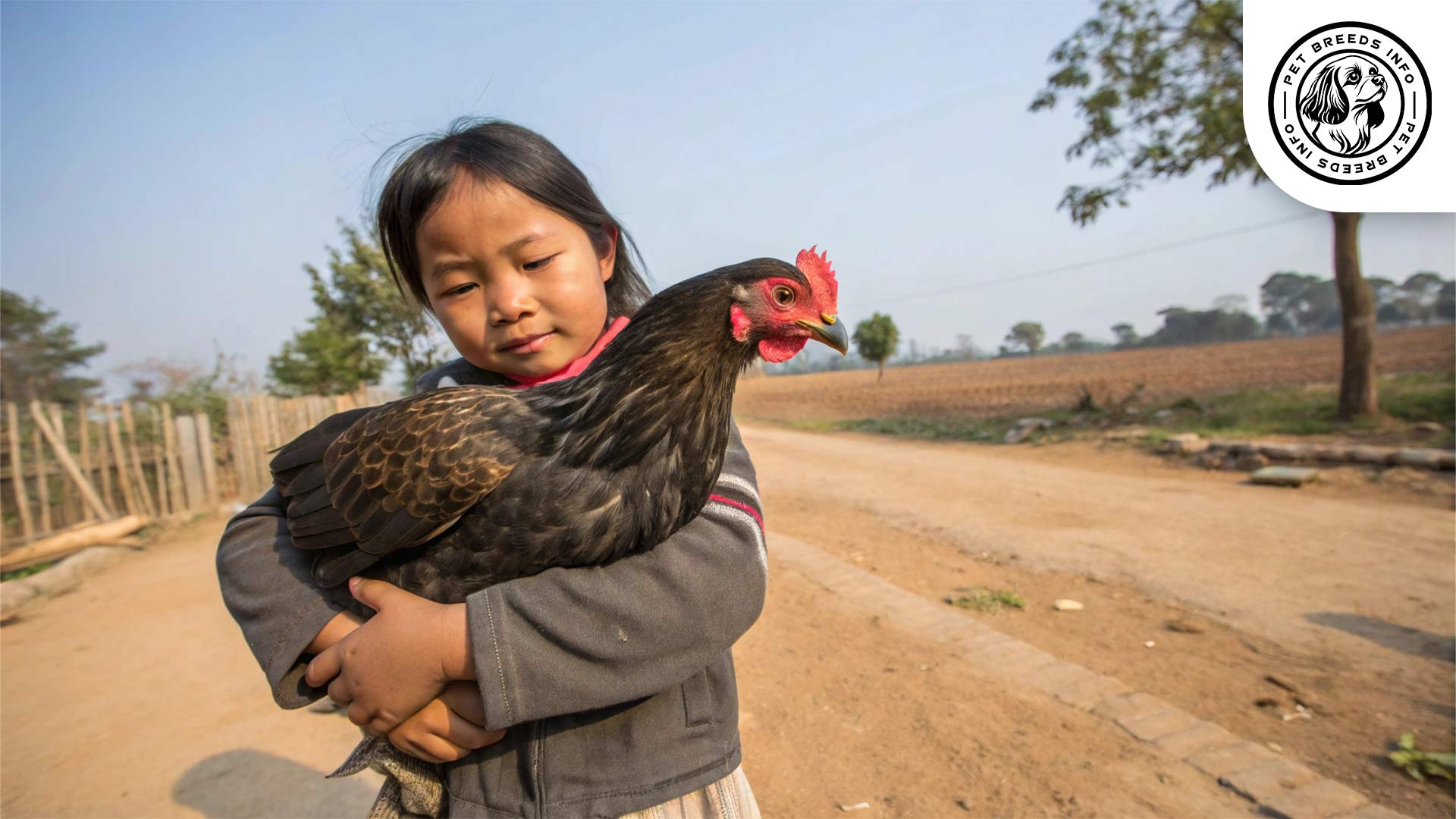
Price and Availability
Langshan Chickens typically cost between $10 to $30 per chick, depending on age, color variety, and breeder reputation.
Hatching eggs are a more affordable option, usually costing around $3 to $5 per egg.
When purchasing, ensure that the birds come from reputable breeders who prioritize health and breed standard quality.
They are widely available through hatcheries, poultry farms, and selective breeders both online and offline.
Conclusion and Final Thoughts
The Langshan Chicken is a great choice for those seeking a dual-purpose breed with an elegant appearance and calm temperament.
Their adaptability and friendly nature make them ideal for both small-scale and large-scale poultry keepers.
They thrive in free-range environments but can also be raised in confinement with proper care.
Read More: Rhode Island Red Chicken
Prospective owners should ensure they can meet the breed’s space, feeding, and health care requirements before making a commitment.
Overall, the Langshan Chicken is a rewarding breed that combines beauty, productivity, and ease of handling, making it an excellent addition to any flock.
FAQ
Are Langshan Chickens good for beginners?
Yes, their calm nature and low maintenance needs make them suitable for novice keepers.
Do Langshan Chickens tolerate cold weather?
Yes, they are cold-hardy but should be protected in extremely harsh winters.
Can Langshans be kept in small spaces?
While they prefer free-range, they can adapt to confinement if given enough room.
Are Langshan roosters aggressive?
Generally no, but they may show some territorial behavior like most roosters.
